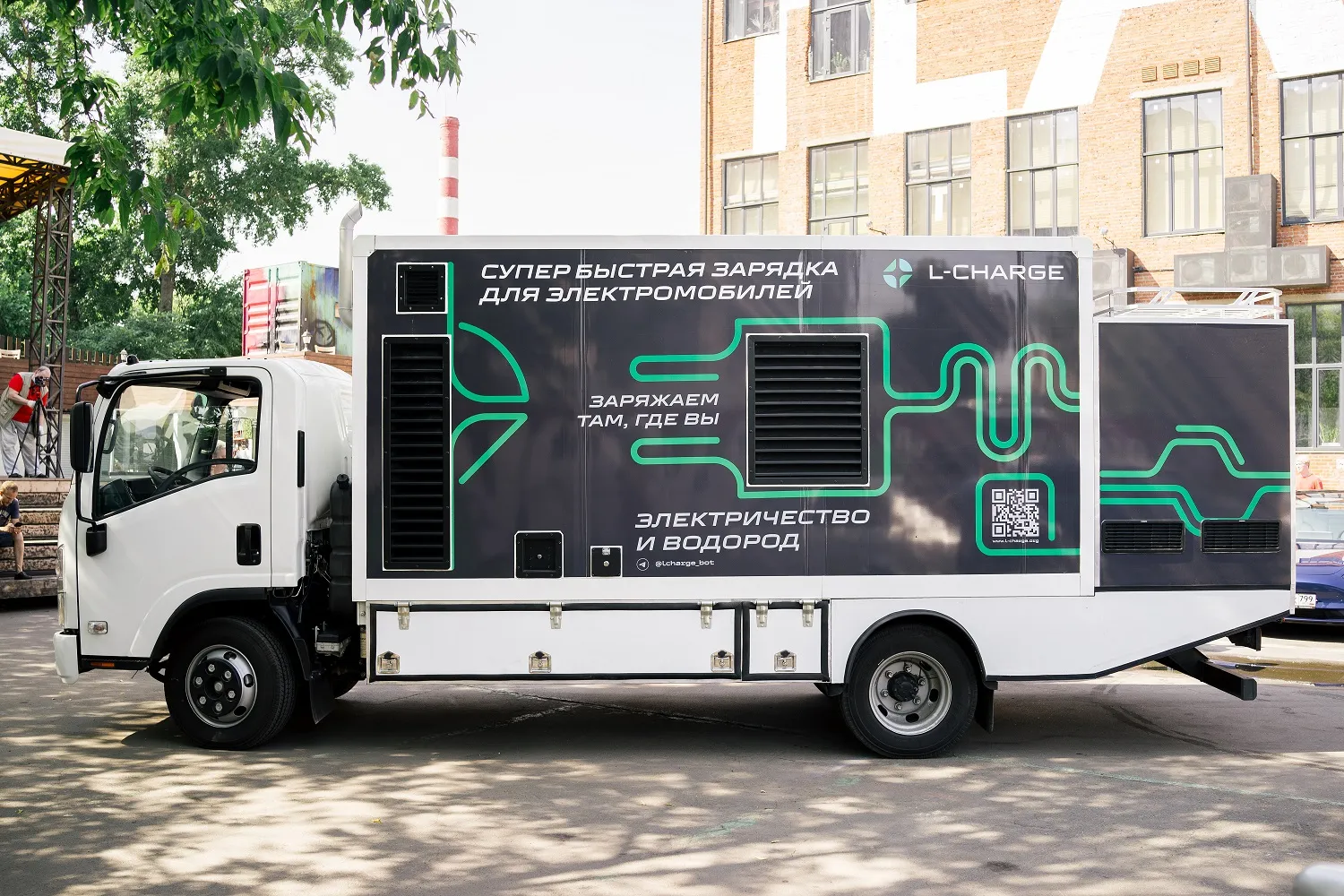Qualcomm Incorporated and Ricardo have entered into a wireless electric vehicle charging (WEVC) technology licence agreement, under which Ricardo has licensed Qualcomm Halo technology to commercialise WEVC systems for plug-in hybrid (PHEVs) and electric vehicles (EVs). Under the terms of the agreement, Qualcomm has granted to Ricardo a royalty-bearing technology license to develop, make and supply WEVC systems for automobile manufacturers. Qualcomm subsidiaries will provide technical expertise and engineeri
April 4, 2016
Read time: 2 mins
Ricardo sees WEVC as an enabling technology for automakers to drive mass adoption of EV/PHEVs by simplifying the charging challenge. Ricardo views Qualcomm Halo technology as an advanced WEVC solution that has the potential to encourage more widespread adoption of EVs, meeting the requirements of automakers and drivers for simple and convenient EV charging.
The two companies believe that working together will enable Ricardo to design and build WEVC systems that meet automakers’ requirements for wireless charging today and in the future, as demand becomes more prevalent for higher power, faster charging, different deployment methods such as buried charging pads, and for WEVC systems which charge SUVs, taxis and autonomous vehicles.









